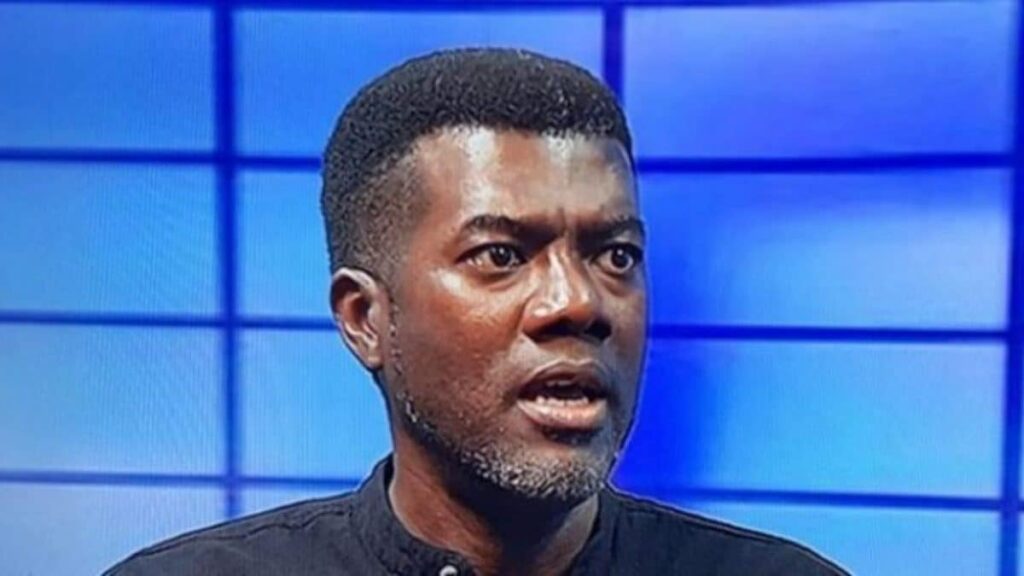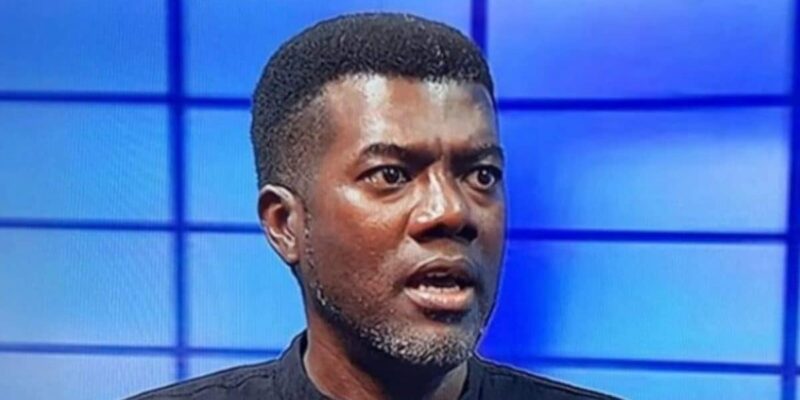
Former presidential aide Reno Omokri has criticized former Kaduna State Governor, Malam Nasir El-Rufai, describing him as a “drowning man” attempting to pull down Nigeria’s National Security Adviser (NSA), Nuhu Ribadu.
In a statement on his verified Facebook page, Omokri asserted that El-Rufai has found himself increasingly marginalized in both state and national politics. He claimed that the former governor lost influence in Kaduna after his successor distanced himself from him and also failed in his bid to become a minister due to strong opposition from Kaduna residents. Omokri alleged that El-Rufai’s critics accused him of paying off armed groups responsible for attacks in Southern Kaduna, asserting that the violence ceased once he left office.
Now, according to Omokri, El-Rufai has shifted his focus to Ribadu, a man widely regarded as one of Nigeria’s most principled public servants.
The controversy stems from El-Rufai’s recent resurfacing with allegations suggesting that Ribadu, in his previous role as Chairman of the Economic and Financial Crimes Commission (EFCC), had implicated President Bola Ahmed Tinubu in corruption-related remarks. However, Omokri dismissed these claims, arguing that a closer examination of the evidence presented by El-Rufai reveals inconsistencies.
Citing a 2006 statement from Ribadu, Omokri explained that the former EFCC chairman had made a general remark about all serving governors at the time, noting that they were fortunate not to have faced prosecution like convicted former governors Joshua Dariye and Diepreye Alamieyeseigha. Omokri emphasized that Ribadu did not specifically accuse Tinubu of corruption nor confirm that an EFCC investigation had found him guilty of any wrongdoing.
He further likened Ribadu’s comments to law enforcement strategies used by agencies such as the Federal Bureau of Investigation (FBI), where a “show of force” is employed to deter corruption among political officeholders.
Omokri also challenged El-Rufai to provide concrete evidence for his claims, particularly transcripts from Federal Executive Council meetings that he has cited. He questioned the authenticity of these documents and argued that Ribadu’s later relationship with Tinubu contradicts El-Rufai’s assertions, highlighting Ribadu’s 2011 presidential candidacy under the Action Congress of Nigeria (ACN)—a move reportedly facilitated by Tinubu.
The former presidential aide concluded that El-Rufai’s actions are consistent with his history of shifting political allegiances. He recalled that in 2010, El-Rufai had strongly criticized then-General Muhammadu Buhari, branding him “perpetually unelectable” due to his authoritarian past, only to later become one of Buhari’s most vocal supporters.
Omokri’s remarks add to the ongoing political discourse surrounding El-Rufai’s role in Nigerian politics, raising further questions about his current positioning and influence.

Comments